See inside the AI-powered fitness studio that's led by virtual trainers

Lumin Fitness, an AI-powered gym, opened its first studio in Texas last September.
The gym features LED walls with motion sensors and includes classes led by personal AI trainers.
Scroll to see what the gym — which is set to open 13 more locations across Texas — looks like.
From Pelotons to Fitbits, technology has increasingly infiltrated the fitness industry.
Now, fitness enthusiasts can turn to AI — whether through coaching apps like Fitness AI or generative AI tools like OpenAI's ChatGPT— to meet their goals.
So far, the health gains made from AI are variable. One person asked ChatGPT to create a running routine and claimed he lost 26 pounds after following it. Another got the chatbot to create a weight loss meal plan, but said it was far from perfect.
Now, AI-powered gyms are on the rise, including Lumin Fitness, which opened its first location in Texas last year.
But what, exactly, does a gym powered by algorithms and little human oversight look like?
Keep scrolling to find out.
Founded in 2019, Lumin Fitness aims to combine cutting-edge AI technology with personalized training.
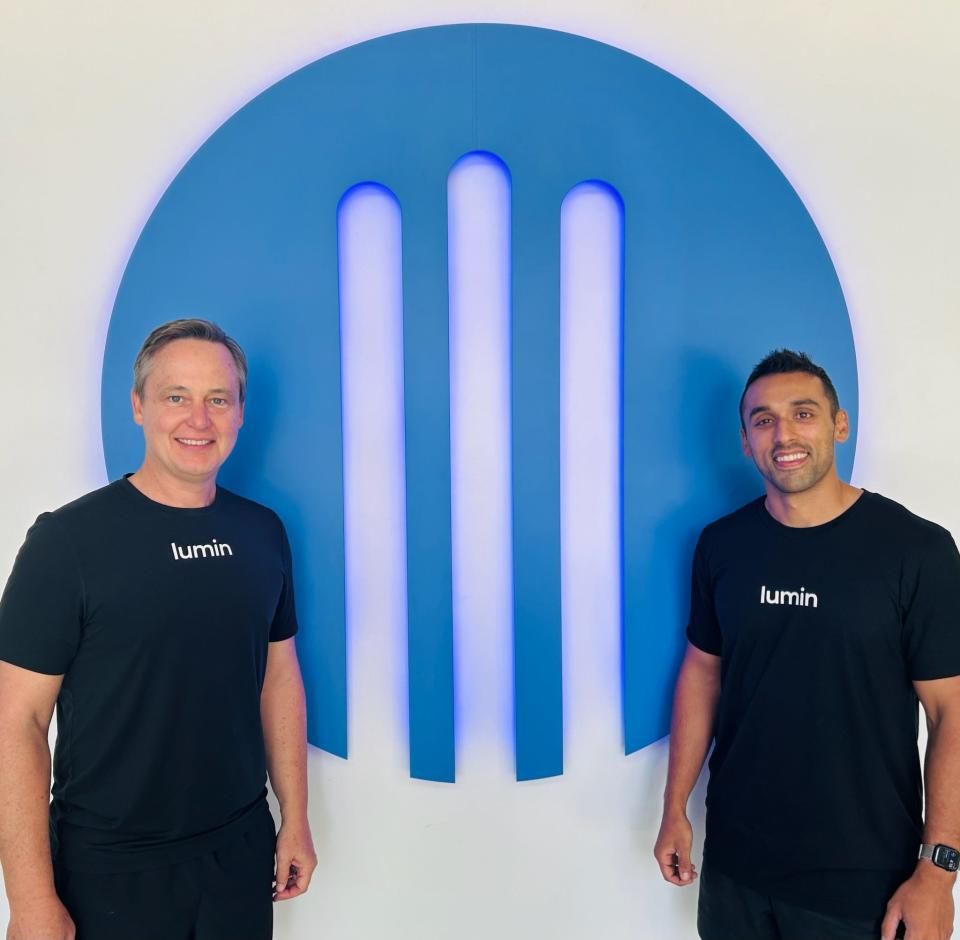
The fitness studio was founded by Brandon Bean, former CEO of gym franchise Gold's Gym, and Omeed Shams, who previously founded a mixed-reality gaming company.
The first Lumin Fitness studio opened last September in Irving, Texas.
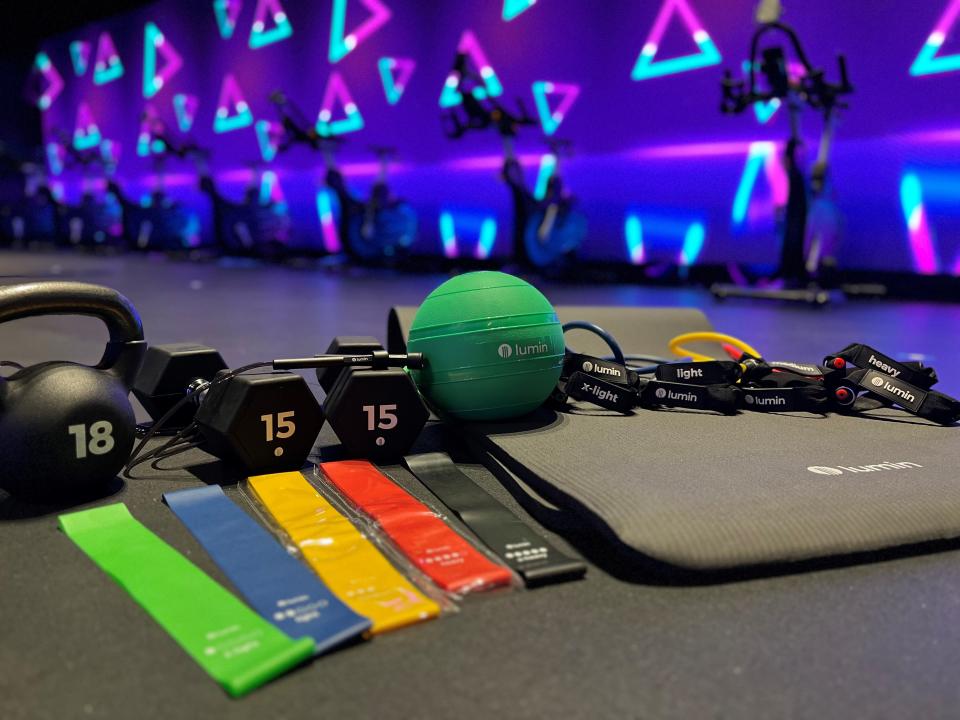
The studio includes a range of equipment such as dumbbells, kettlebells, slam balls, resistance bands, and jump ropes, Lumin Fitness told Business Insider. Bikes are also available.
The AI studio features interactive, wall-to-wall LED displays embedded with motion sensors that track gymgoers' movements.
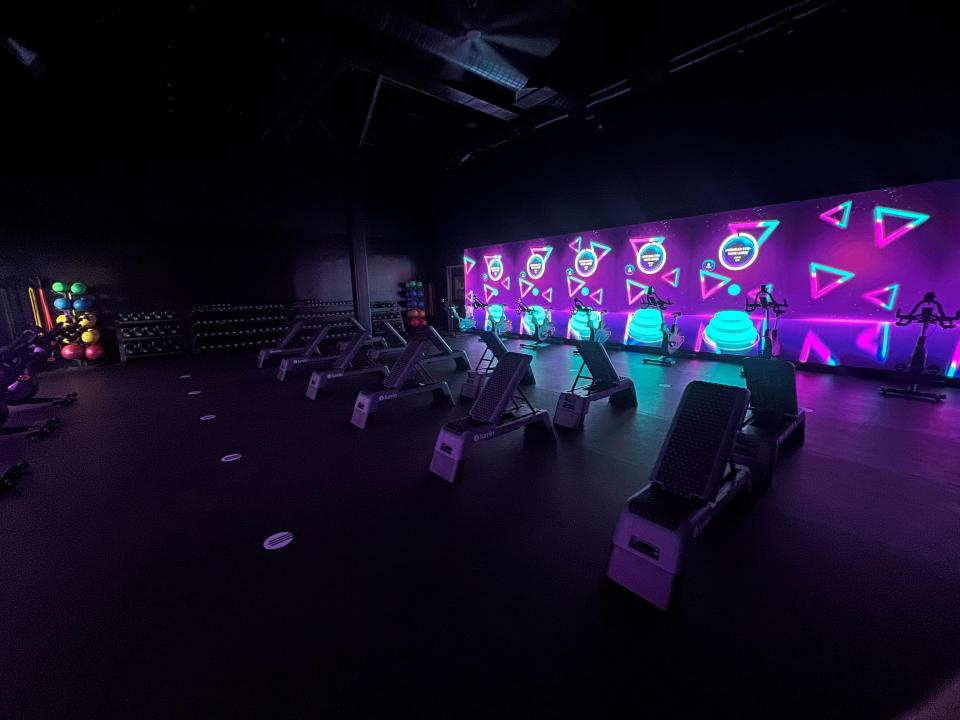
Through sensor technology, the studio automatically checks members in, directs them to their dedicated station, and guides them through their workout in a safe manner, Lumin told BI.
Exercisers can select their AI trainer through Lumin's smartphone app.
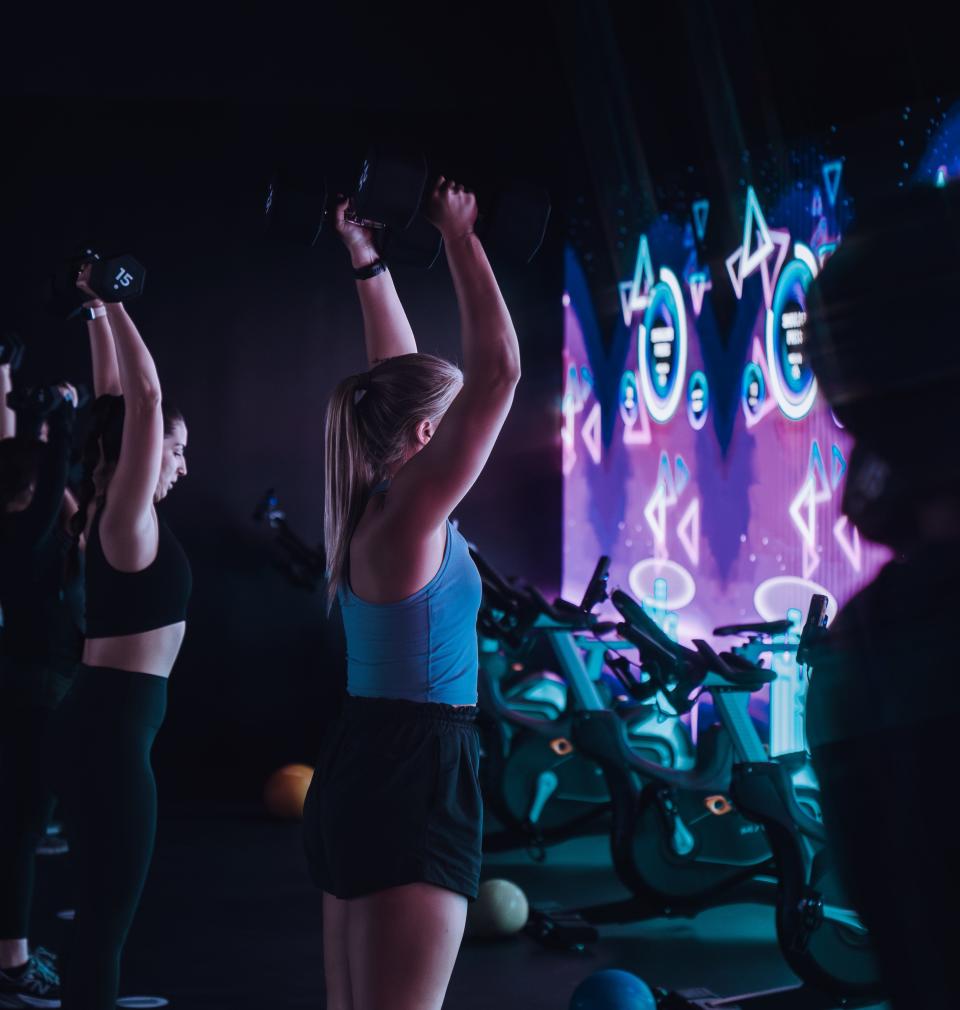
The AI trainer guides gymgoers through a workout in real time through their headphones.
Using algorithms and machine learning, the sensors count an exerciser's every rep, track how they use their equipment, and monitor their movements without them needing to wear a piece of technology, according to the company.
The AI can then simultaneously analyze the collected data and give exercisers real-time feedback on their form, technique, and range of motion.
Attendees can choose between a 40-minute solo class or a group class led by AI.
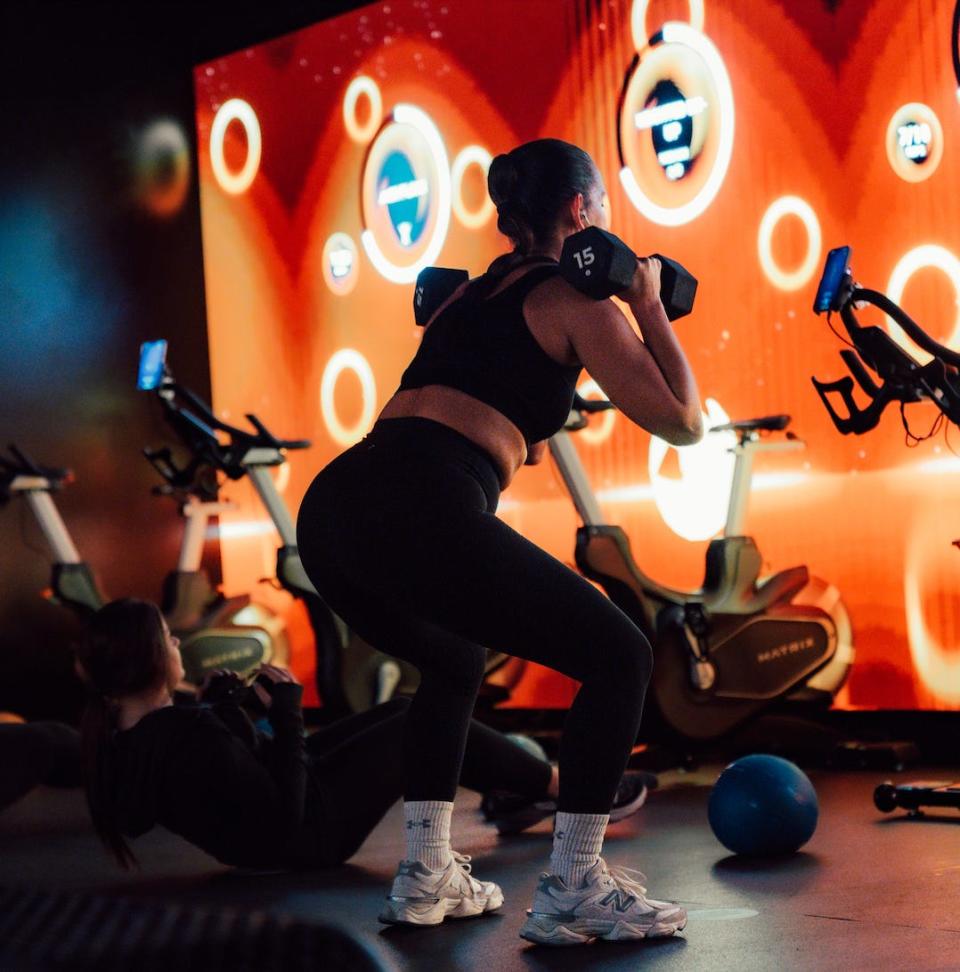
Solo classes generate an exercise plan based on the attendee's specific fitness goals — like growing certain muscle groups.
Group classes involve a high-intensity functional training workout designed to build aerobic, muscular, and motor strength and improve mobility.
The studio's AI technology tracks members' progress from one class to the next by remembering personal workout records. The data are used to recommend appropriate equipment and weights and to suggest improvements like form correction.
Exercisers can rack up points for completing workouts which can be exchanged for digital and physical rewards.
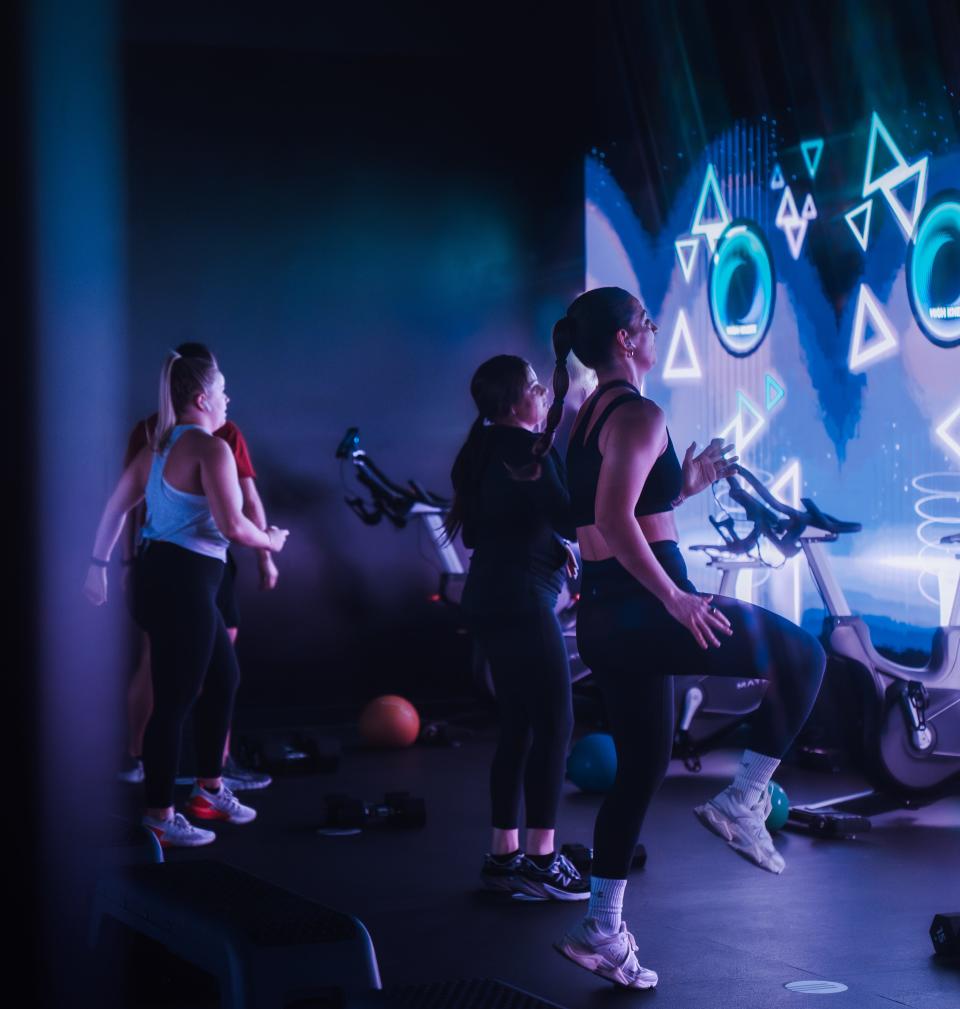
Attendees can accumulate digital currencies known as Lumin coins in exchange for trial memberships, solo classes for friends, and clothes and gift cards from the gym's online store.
While classes are led by personal AI trainers, they are supervised by a real fitness professional in case anything goes wrong.
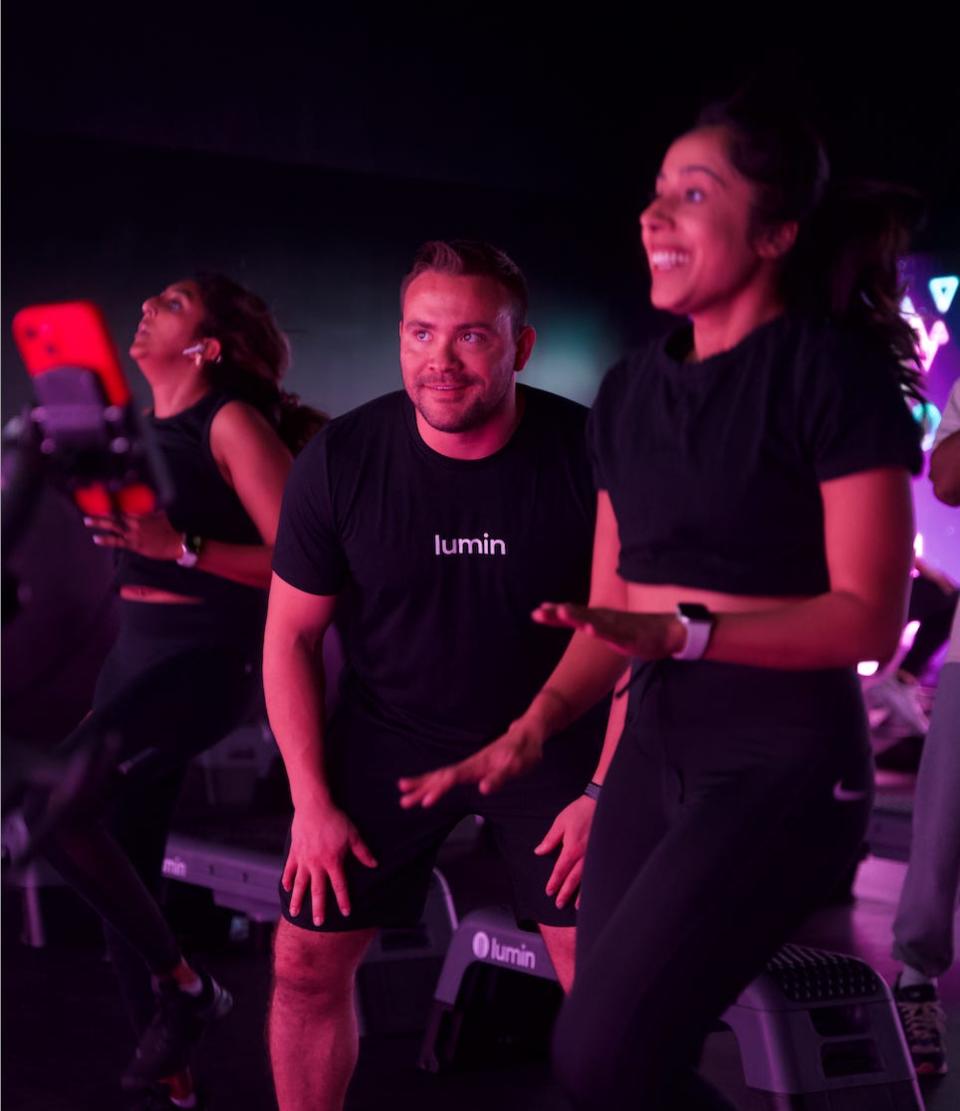
The human coach's job is to assist the AI by creating a more personalized workout experience for each member. The coach is also there to build community in the room, according to the company.
The costs range from $89 to $209 a month.
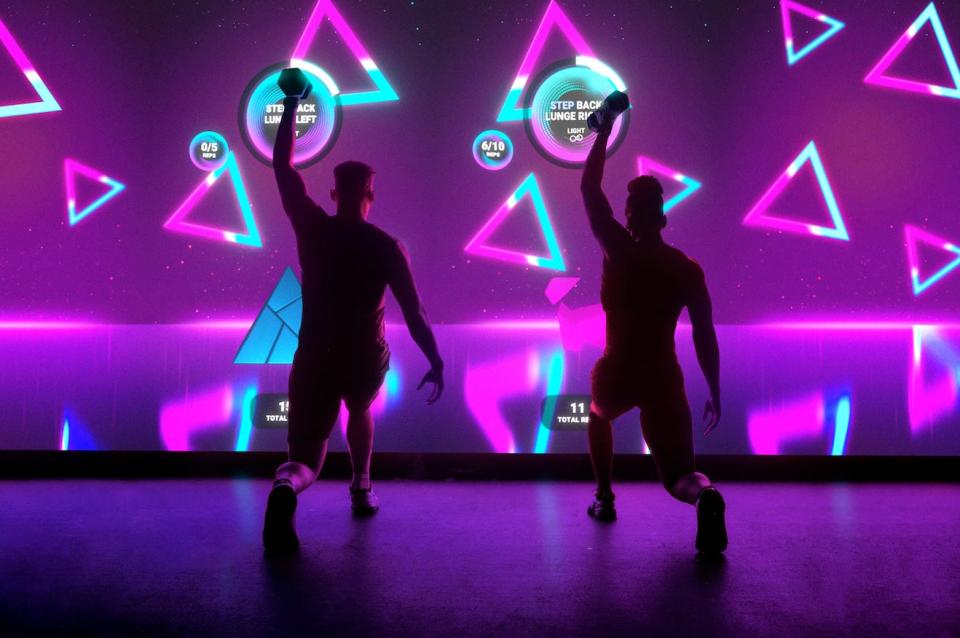
The cheapest package, which starts at $89 a month, includes four classes.
The most expensive package starts at $209 a month and includes an unlimited number of classes.
Over the next three years, Lumin plans to open an additional 13 studios in other cities across Texas, including Austin, Houston and Dallas.
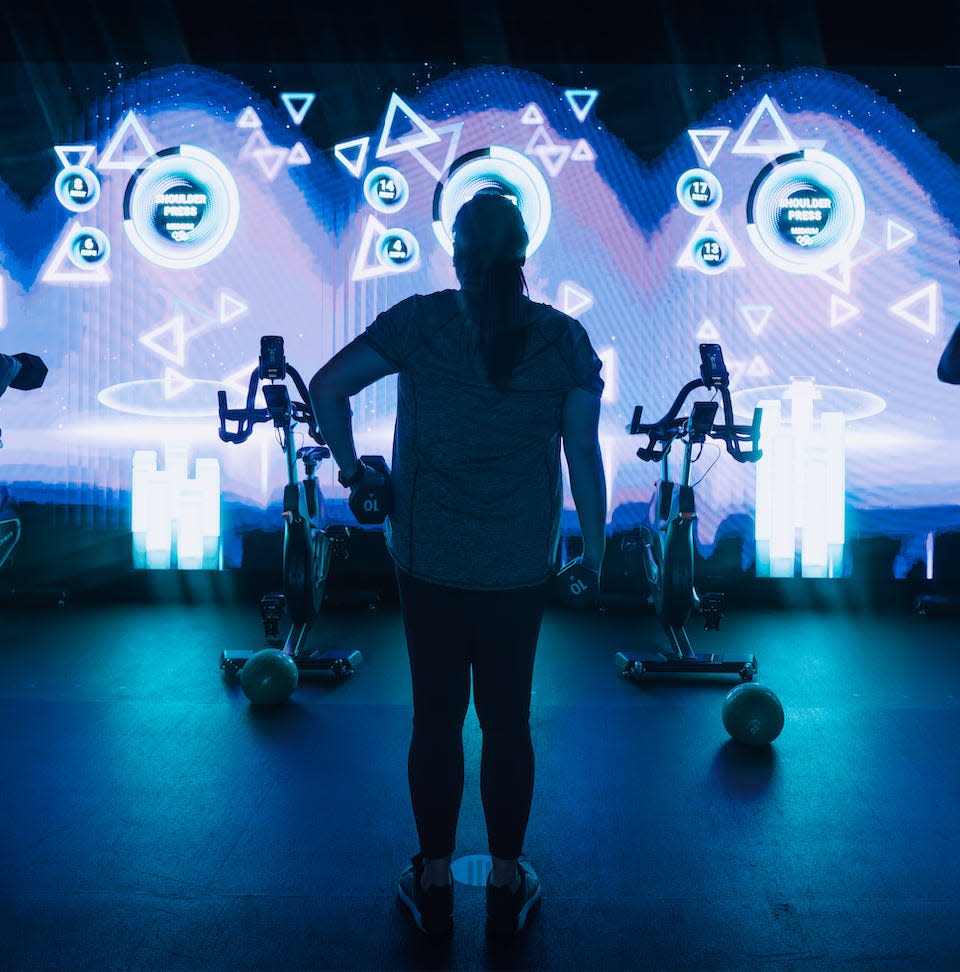
Lumin Fitness signed a deal with franchise partner Verge Fit Holdings for an additional 13 units in January.
The company said it's currently in talks to license its AI technology to gym operators in both the United States and the Middle East.
It's also in the early stages of establishing training systems for athletes at two Division 1 universities.
Read the original article on Business Insider


